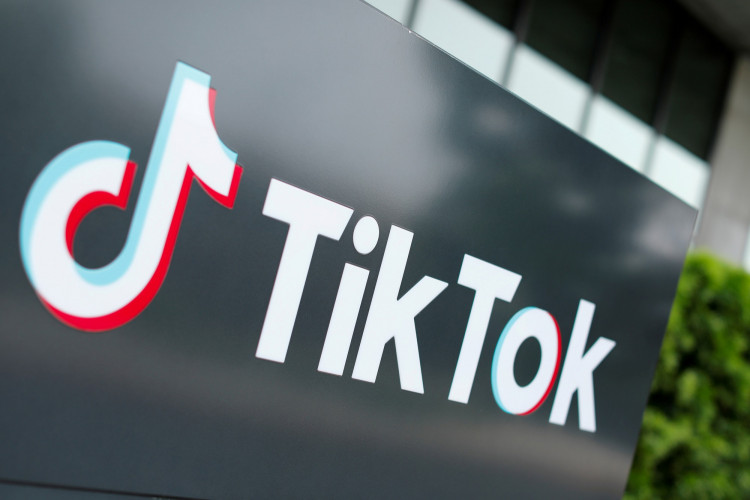In recent developments, TikTok, the popular social media platform, faced a surge in posts related to Osama bin Laden's "Letter to America," penned after the September 11, 2001 attacks. The platform swiftly acted to curb the spread of the content, which was seen as glorifying terrorism.
The resurgence of interest in bin Laden's letter, known for its inflammatory and antisemitic content, coincides with heightened discussions about the Israel-Hamas conflict.
The letter, published in 2002, justified the 9/11 attacks, criticizing U.S. policies in the Middle East and expressing views laden with hate and vengeance. This week, TikTok users began posting videos suggesting the letter offered a new perspective on U.S. foreign policy and the 9/11 attacks, igniting a wave of controversy and debate. These posts, although few in number, gained significant traction, with the #lettertoamerica hashtag amassing over 13 million views on TikTok.
TikTok, responding to the trend, stated, "Content promoting this letter clearly violates our rules on supporting any form of terrorism," and took proactive measures to remove such content. This stance aligns with broader concerns about social media platforms being used to propagate extremist views. The trend also stirred reactions in the media, leading The Guardian to remove a page that had hosted the full text of bin Laden's letter, citing context issues.
In the U.S., the trend drew sharp criticism. White House deputy press secretary Andrew Bates condemned the glorification of bin Laden's words, highlighting the ongoing pain of families who lost loved ones in the 9/11 attacks. The issue further sparked debates about media literacy and the role of social media in shaping historical narratives, particularly among younger generations.
Experts like Colin Clarke, director of research at The Soufan Group, expressed concerns about young Americans learning history through skewed social media lenses, emphasizing the need for more comprehensive education on historical events and figures.
As social media continues to play a pivotal role in shaping public discourse, the incident underscores the challenges platforms face in balancing free expression with the responsibility to prevent the spread of harmful, misleading, or dangerous information.






